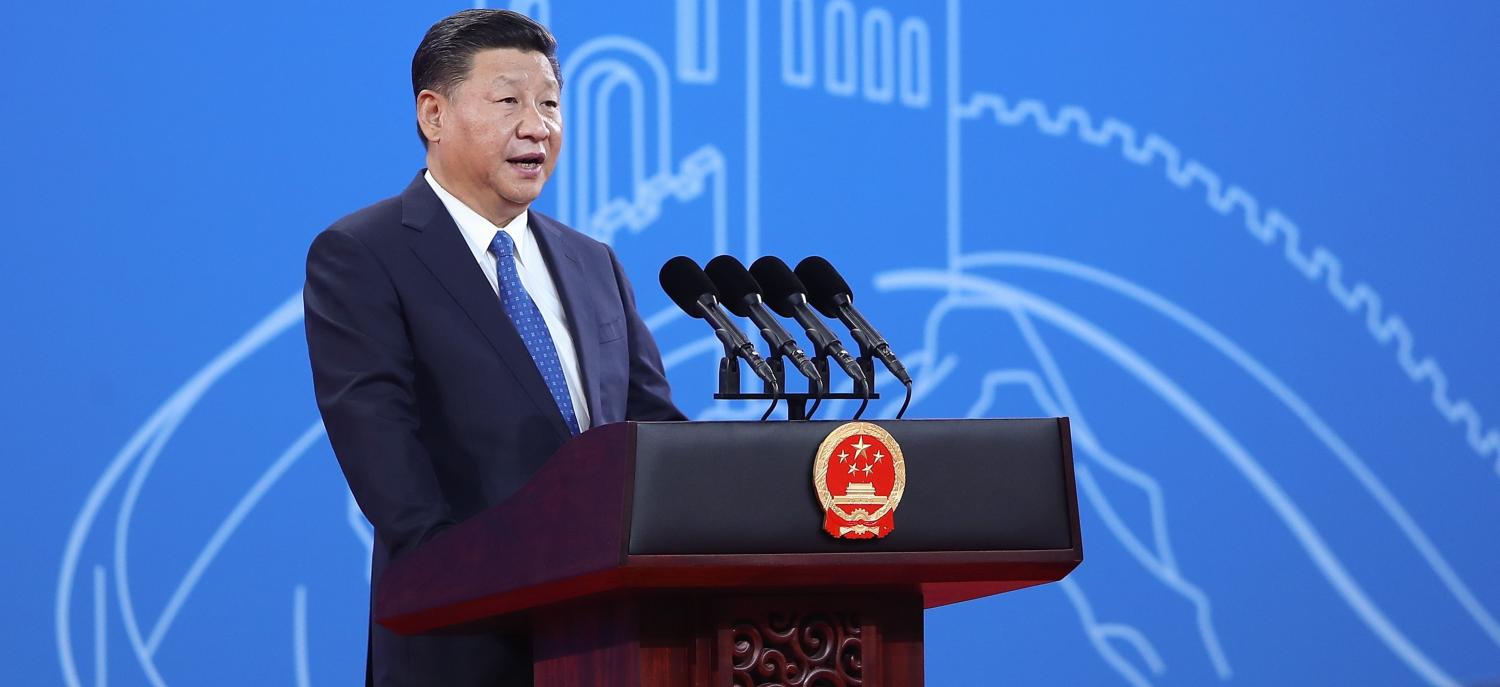In the classic Cold War-era film Invasion of the Body Snatchers, aliens quietly invade earth by replicating the bodies of each human being they encounter. The resulting 'pod people' take on the physical characteristics, memories, and personalities of the humans they replace. In its day, the film was understood as an allegory for political influence activities. It speaks to an ongoing fear about the vulnerability of open, democratic societies to foreign influences undermining their sovereignty and their politics.
China's foreign influence activities have hit the headlines in both Australia and now New Zealand, but Chinese influence is not unique to these two countries. China's attempts to acquire political influence abroad are widespread and pervasive. They are part of a global strategy that has its own government department (统战部) that follows a longstanding approach adapted to fit current government policies. Foreign influence activities are a core task of China's United Front work (统一战线工作), one of the famed 'magic weapons' (法宝) of the Chinese Communist Party (CCP) that helped bring it to power.
Under CCP General Secretary Xi Jinping, foreign influence activities have gone into turbo drive. CCP United Front officials and their agents follow a longstanding policy of developing relationships with foreign and overseas-Chinese personages (the more noteworthy the better) to influence, subvert, and, if necessary, bypass the policies of the local government and promote the interests of the CCP.
Xi also seeks further control over the information environment in China. In order to gain this control in a porous global information environment, he needs to curb debates on China outside the country. China has officially embraced Joseph Nye's theory of soft power, using it both as a justification and as a new euphemism for the Chinese government's expanded and revised overseas Chinese and foreigner management techniques and propaganda offensive. Through its party-state agencies and their affiliates, China has adopted a much broader approach to enhancing its soft power.
China's strenuous United Front efforts of the last few years have delivered a return: the CCP is increasingly able to use its soft-power magic weapons to help influence the decision-making of foreign governments and societies. Australia and New Zealand, like many other states, have become saturated with the CCP's accelerated political-influence activities.
All states resist political interference in their affairs by other nations. The CCP frequently berates the US and other states for perceived interference in China's domestic politics, and promotes the non-interference in the domestic affairs of other states as an important principle of its foreign policy (不干涉内政).
For nations like New Zealand and Australia, it can often be a challenge to defend against foreign political interference. Unless they result in treason, bribery, or some other form of corruption, most political influence activities are not illegal. They are instead matters of propriety and national security, which are much more subjective. But foreign influence activities (of any state) can only thrive if public opinion in the state being influenced tolerates them.
The 1956 adaptation of Invasion of the Body Snatchers had two endings, one pessimistic, one optimistic. Most subsequent versions of the film feature the pessimistic ending – all the humans end up subsumed into pod people. In the novel, the aliens voluntarily left as a result of resistance from the human population.
In real (not reel) life, the ending is up to us. How can we use democracy's own magic weapons to defend ourselves against foreign influence activities? We have many options at our disposal. We have the right to select our governments; checks and balances on power through the courts; regulatory bodies that manage the media and other aspects of society; the legally-supported role of the academic as critic and conscience; freedom of speech and association; and the media as our fourth estate.
As former colonies of the UK and close partners with the US, both New Zealand and Australia are proud to espouse an independent foreign policy. But an independent foreign policy should not mean falling into the arms of another dominant power. Now is the time to use democracy's magic weapons to protect our societies against foreign influence and interference in our politics, from all states. Australia is tightening its laws around this issue and has engaged in in-depth investigations into the extent of China's influence activities. So too should New Zealand, and many other nations.

